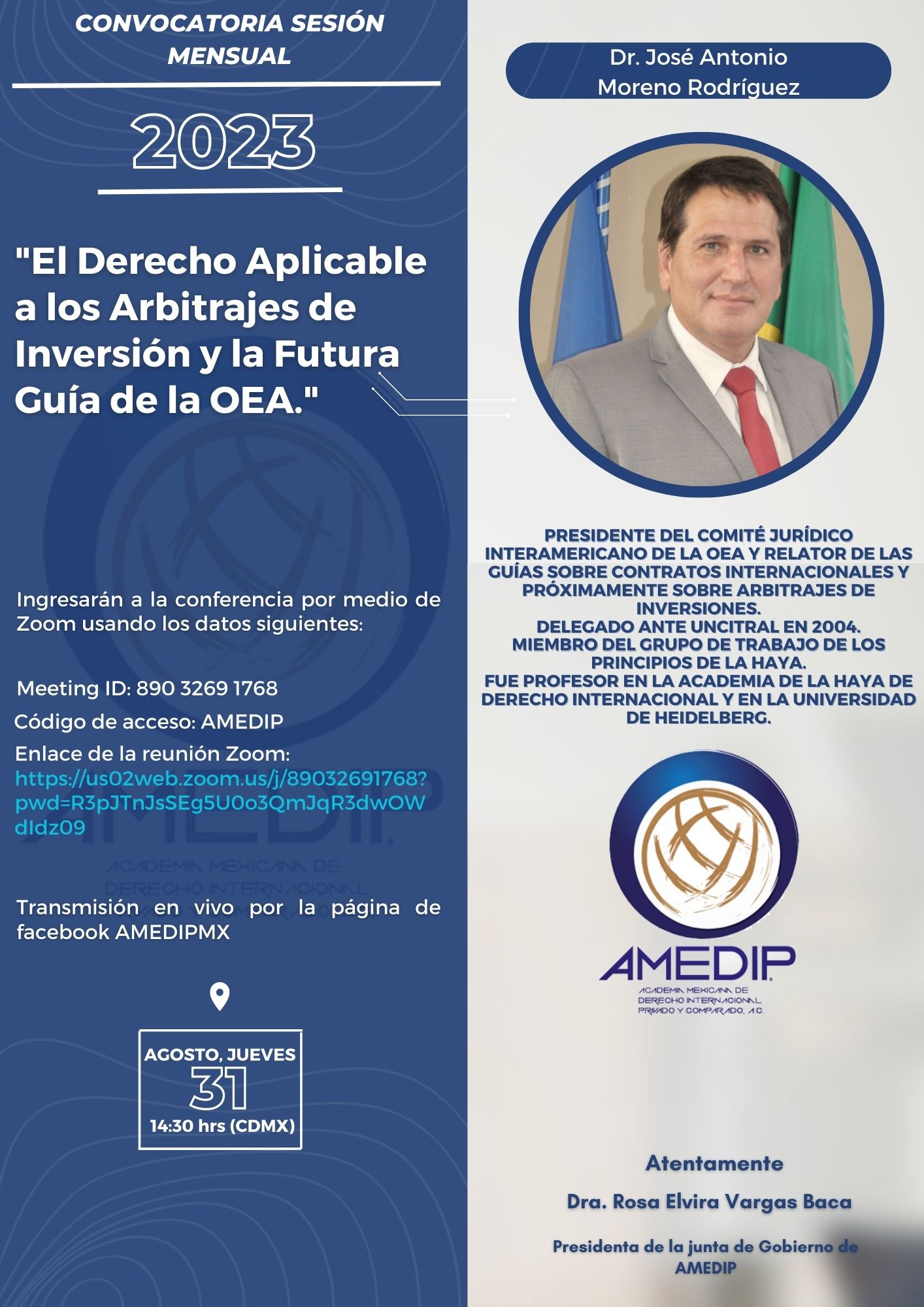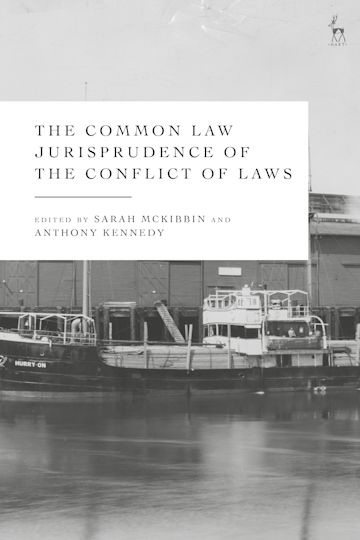Views
HCCH Revised Draft Explanatory Report (version of December 2018) on the Judgments Convention is available on the HCCH website
A revised Draft Explanatory Report (version of December 2018) on the HCCH Draft Convention on the Recognition and Enforcement of Foreign Judgments in Civil or Commercial Matters is available in both English and French on the Hague Conference website.
In my opinion, particularly complex topics in this Draft Explanatory Report include intellectual property (IP) rights (in particular, Art. 5(3) of the draft Convention– there are several provisions dealing with IP rights in addition to this Article) and the relationship of the draft Convention with other international instruments (Art. 24 of the Draft Convention). Some of the text is in square brackets, which means that such text has tentatively been inserted due perhaps to a lack of consensus at the Special Commission meetings, and thus a final decision will be taken at the Diplomatic Session scheduled for the summer 2019.
With regard to intellectual property rights, the draft Convention distinguishes between IP rights that require to be granted or registered (such as patents, registered trademarks, registered industrial designs and granted plant breeders’ rights) and those that do not require grant or registration (i.e. copyrights and related rights, unregistered trademarks, and unregistered industrial designs – this is a closed list for these specific rights). See paragraph 238 of the Draft Explanatory Report.
The draft Convention’s approach to IP rights, which is based on the territoriality principle, is set out very clearly in paragraph 235 of the Draft Explanatory Report. In particular, the draft Convention reflects a compromise according to which the State of Origin of the judgment will coincide with the lex loci protectionis i.e., the law of the State for which protection is sought, so as to avoid the application of foreign law to these rights (see also paragraph 236).
With respect to the relationship of the draft Convention with other international instruments, it is important to note that this draft Convention will cover, among many other things, non-exclusive choice of court agreements so as to give preference to the application of the HCCH Hague Convention of 30 June 2005 on Choice of Court Agreements to exclusive choice of court agreements. See paragraphs 220-225 and 410-430 of the Draft Explanatory Report.
The latest information about the Judgments Project is available here.
After the Romans: Private International Law Post Brexit
Written by Michael McParland, QC, 39 Essex Chambers, London
On 10 December 2018 the Ministry of Justice published a draft statutory instrument with the pithy title of “The Law Applicable to Contractual Obligations and Non-Contractual Obligations (Amendment etc) (EU Exit) Regulations 2018”. This indicates the current intended changes to retained EU private international law of obligations post Brexit. Read more
The renaissance of the Blocking Statute
Written by Markus Lieberknecht, Institute for Comparative Law, Conflict of Laws and International Business Law (Heidelberg)
Quite a literal “conflict of laws” has recently arisen when the EU reactivated its Blocking Statute in an attempt to deflect the effects of U.S. embargo provisions against Iran. As a result, European parties doing business with Iran are now confronted with a dilemma where compliance with either regime necessitates a breach of the other. This post explores some implications of the Blocking Statute from a private international law perspective. Read more
News
AMEDIP’s upcoming webinar: The Applicable Law to Investment Arbitration and the Future Guide of the Organization of American States – 31 August 2023 (at 14:30 Mexico City time) (in Spanish)

The Mexican Academy of Private International and Comparative Law (AMEDIP) is holding a webinar on Thursday 31 August 2023 at 14:30 (Mexico City time – CST), 22:30 (CEST time). The topic of the webinar is the Applicable Law to Investment Arbitration and the Future Guide of the Organization of American States (OAS) and will be presented by Dr. José Antonio Moreno Rodríguez (in Spanish).
The details of the webinar are:
Inter-American Juridical Committee (CJI) of the OAS adopts Guide to Best Practices in International Jurisdictional Cooperation for the Americas
Earlier this month, the Inter-American Juridical Committee of the Organization of American States (OAS) adopted a Guide to Best Practices in International Jurisdictional Cooperation for the Americas. It is available here (in English) and here (in Spanish).
See in particular questions 5 and 7, which relate to electronic service and videoconferencing (pp. 18 and 26). The actual Guide begins on page 38.
Out Now: The Common Law Jurisprudence of the Conflict of Laws
Few books can get you from the rainy coast of Newfoundland over 19th-century Holstein straight to sunny Queensland and back to the North of Pennsylvania, while telling stories of a retired MI5 agent, the largest Ponzi scheme in history, a company founded by the 41st President of the United States, the aftermath of the First Gulf War, and the collapse of the Federal Bank of Australia. The volume on The Common Law Jurisprudence of the Conflict of Laws, edited by Sarah McKibbin (University of Southern Queensland) and Anthony Kennedy (Serle Court), recently published by Hart, does just that, by discussing cases like Vita Food Products, Brook v Brook, Bonython v Commonwealth of Australia, AG v Heinemann Publishers (better known as the Australian Spycatcher case), Bremen v Zapata, Vizcaya v Picard, and Kuwait Airways (Nos 4 and 5).



